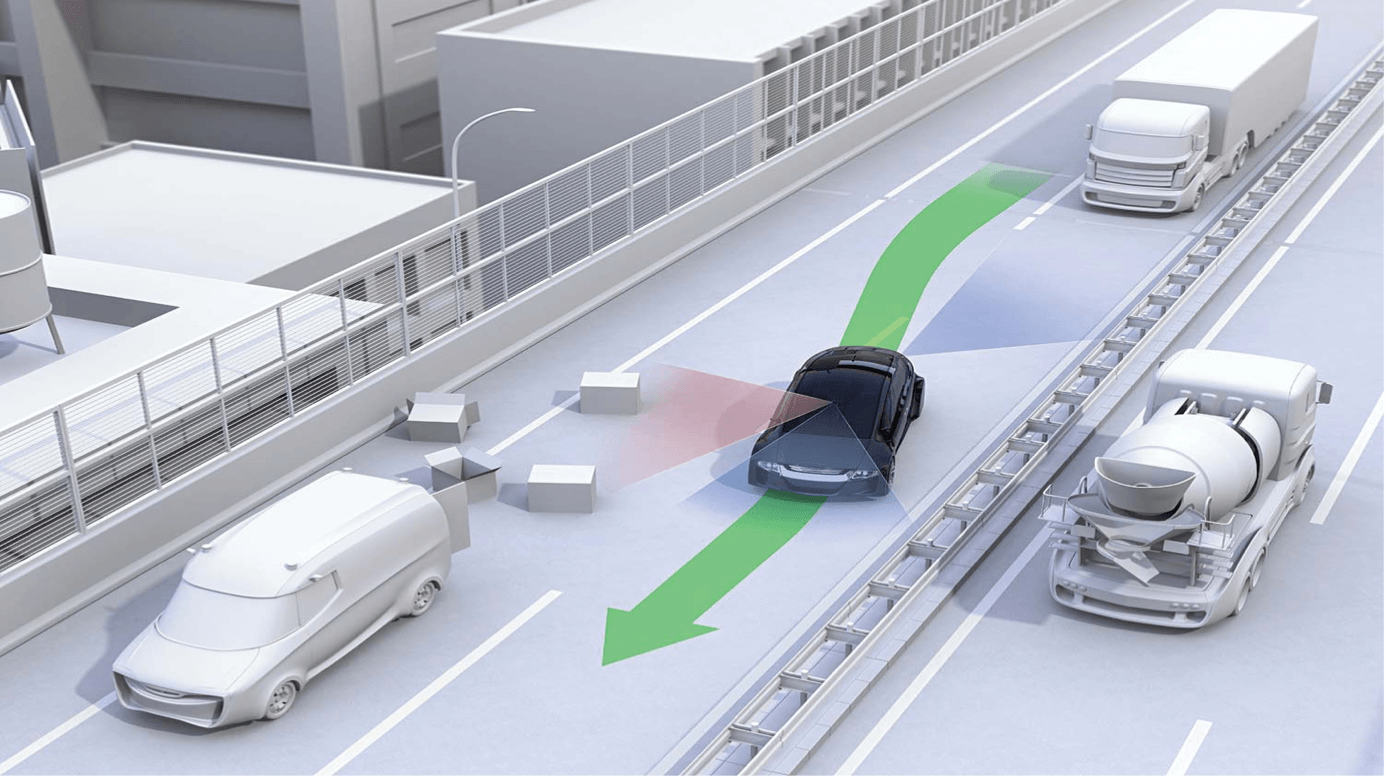The Trolley, the Bull Bar, and Why Engineers Should Care About the Ethics of Autonomous Cars

Source: Jean-Francois Bonnefon, Azim Shariff, and Iyad Rahwan
Affiliation: Proceedings of the IEEE
This academic paper has the following abstract:
"Everyone agrees that autonomous cars ought to save lives. Even if the cars do not live up to the most optimistic estimates of eliminating 90% of traffic fatalities, eliminating at least some traffic fatalities is one of the key promises of automated driving. Indeed, the first two principles of the German Ethics Code for Automated and Connected Vehicles lead with this goal as a normative imperative. The primary purpose of partly and fully automated transport systems is to improve safety for all road users. The licensing of automated systems is not justifiable unless it promises to produce at least a diminution in harm compared with human driving. This view amounts to considering autonomous cars as implicit ethical agents, in Moor’s terminology. Machines are implicit ethical agents when their actions impact ethical issues (such as safety) and when these actions are constrained to avoiding unethical outcomes (such as casualties). Unlike explicit ethical agents, implicit ones do not learn or encode ethics explicitly—and thus, they cannot autonomously arbitrate between different kinds of harm. For example, autonomous cars as implicit ethical agents strive to avoid crashes—but when a crash is unavoidable, when all trajectories are likely to end up in casualties, implicit ethical agents find themselves dumbfounded, and unable to choose among the different ethical choices."
Keywords: Computer Science , Self-Driving Cars , Tech Ethics